Nội Dung Chính
(Page 115)
Comparative adjectives
4.1 Forming the comparative
We add -er to all one-syllable adjectives.
+ -er: long → longer straight → straighter
If a one-syllable adjective ends in -e, we add -r.
+ -r: wide → wider large → larger
If a one-syllable adjective ends in a short vowel + a single consonant, we double the consonant and add -er.
-t → -tter: hot → hotter wet → wetter
-n → -nner: thin → thinner
If a two-syllable adjective ends in consonant + -y, we drop the -y and add -ier.
-y → -ier: friendly → friendlier sunny → sunnier
Some other adjectives of two sounds have the comparative ending -er:
quiet → quieter narrow → narrower gentle → gentler simple → simpler
For most two-syllable adjectives and all adjectives with three or more syllables, we use the word more to form the comparative.
boring → more boring difficult → more difficult
A few adjectives have irregular comparative forms:
good → better bad → worse far → farther
Some quantifiers have irregular forms.
few → fewer much/many → more little → less
than
4.2 We use than to compare two things or people.
Horror films are usually scarier than thriller.
We usually use the object pronoun (me, you, her, him, us, them) after than, not a subject pronoun.
You're taller than me.
We can make a comparison stronger by using far or much before the comparative form.
Dolphins are far more intelligent than sharks.
Hungarian is much harder to learn than English.
(not) as ... as
4.3 We use (not) as ... as to compare two things or people.
Not as … as means 'less ... than'.
Jack is twelve. Liam is fourteen. Jack isn't as old as Liam.
As … as means 'equally ...'.
My brother and I both weigh 62 kg. I'm as heavy as him.
We usually use the object pronoun (me, you, her, him, us, them) after (not) as ... as, not a subject pronoun.
We aren't as rich as them.
She's as excited as me.
Superlative adjectives
4.4 Spelling
We put the in front of the short (one-syllable and some two-syllable) adjectives and add -est.
+ -est: long → the longest
If the short adjective ends in -e, we add -st.
+ -st: wide → the widest
If the short adjective ends in a short vowel + a single consonant, we double the consonant and add -est.
-t → -ttest: hot → the hottest
If the adjective ends in -y, we drop the -y and add -iest.
-y → -iest: friendly → the friendliest
If the adjective is long (two syllables or more), we use the word most.
gripping→ the most gripping
A small number of adjectives have irregular superlative forms. They are:
good → the best bad → the worst far → the furthest
4.5 We can use of with superlative adjectives.
the longest day of the year
We use in, not of, with nouns for groups or places.
the tallest man in the world the longest river in Africa
too and enough
4.6 Too comes before an adjective. Enough comes after an adjective.
This jacket is too small for him.
This jacket isn't big enough for him.
4.7 Enough comes before a noun.
He can't buy it. He hasn't got enough money.
4.8 We often use an infinitive with to after too + adjective or adjective + enough.
He's too young / old enough to join the army.
Zero conditional
4.9 We use the zero conditional to talk about a result which follows a particular action. We use the present to describe the action and the present simple to describe the result.
If I eat too much, I feel ill.
The if clause can come before or after the main clause. If it comes after, we don't use a comma.
If I drink a lot of coffee, I can't sleep.
I can't sleep if I drink a lot of coffee.
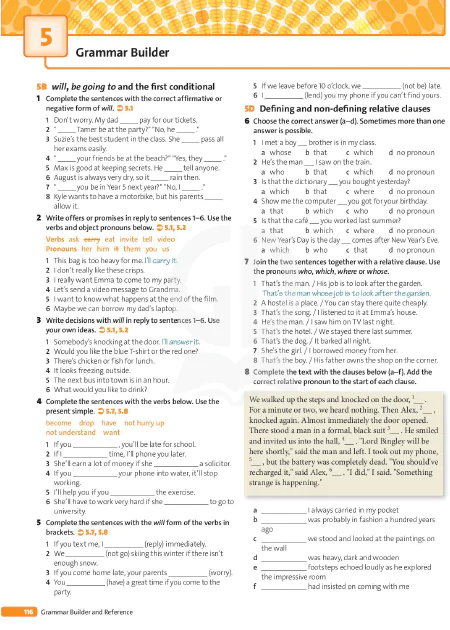
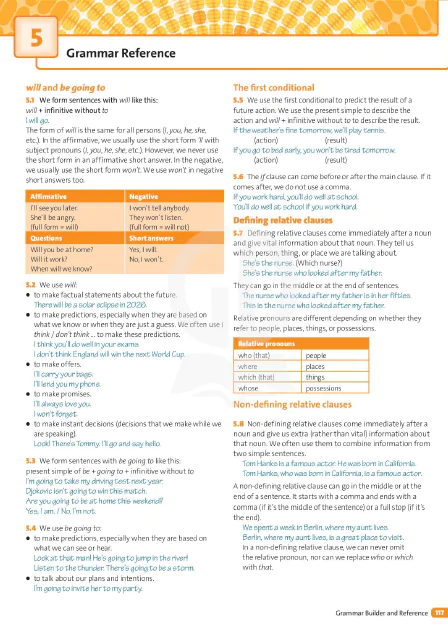
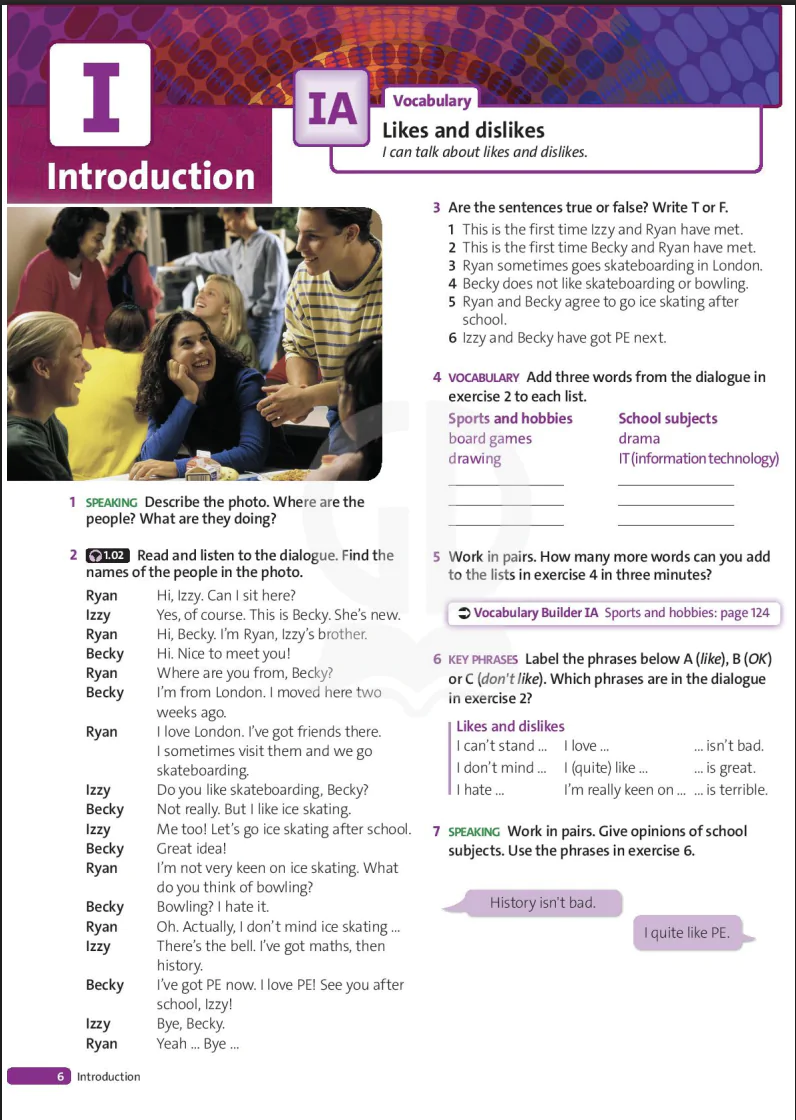
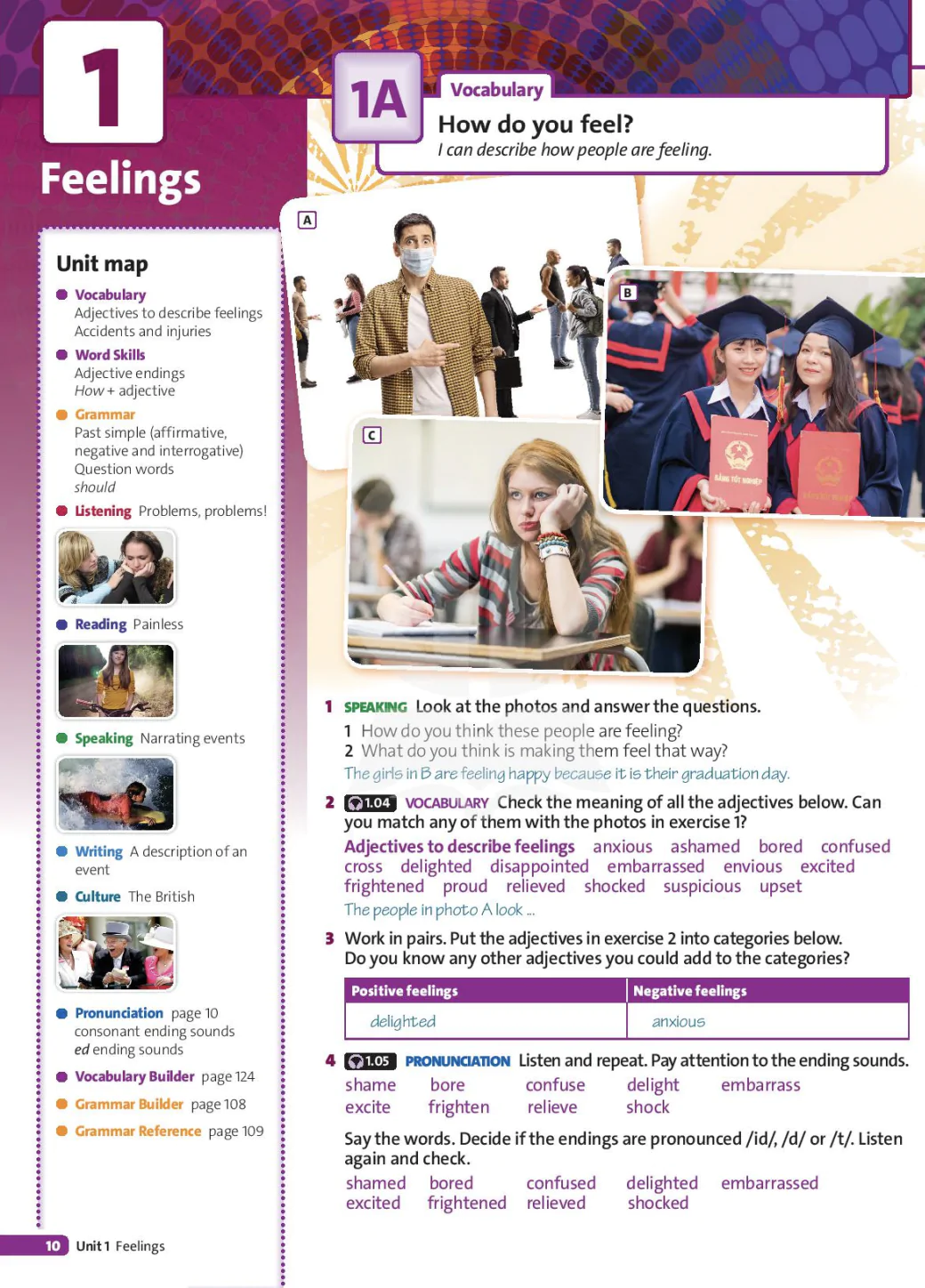
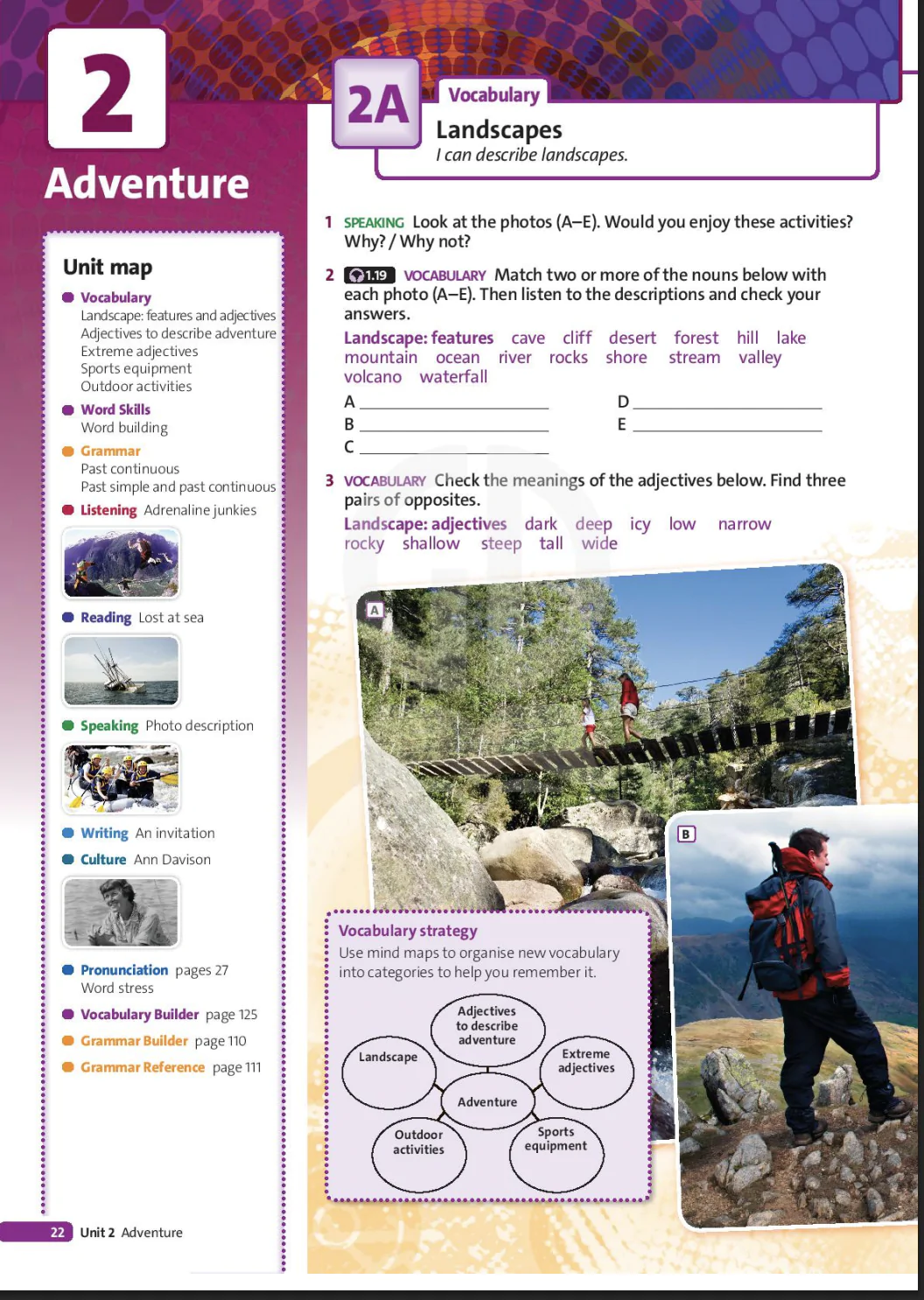
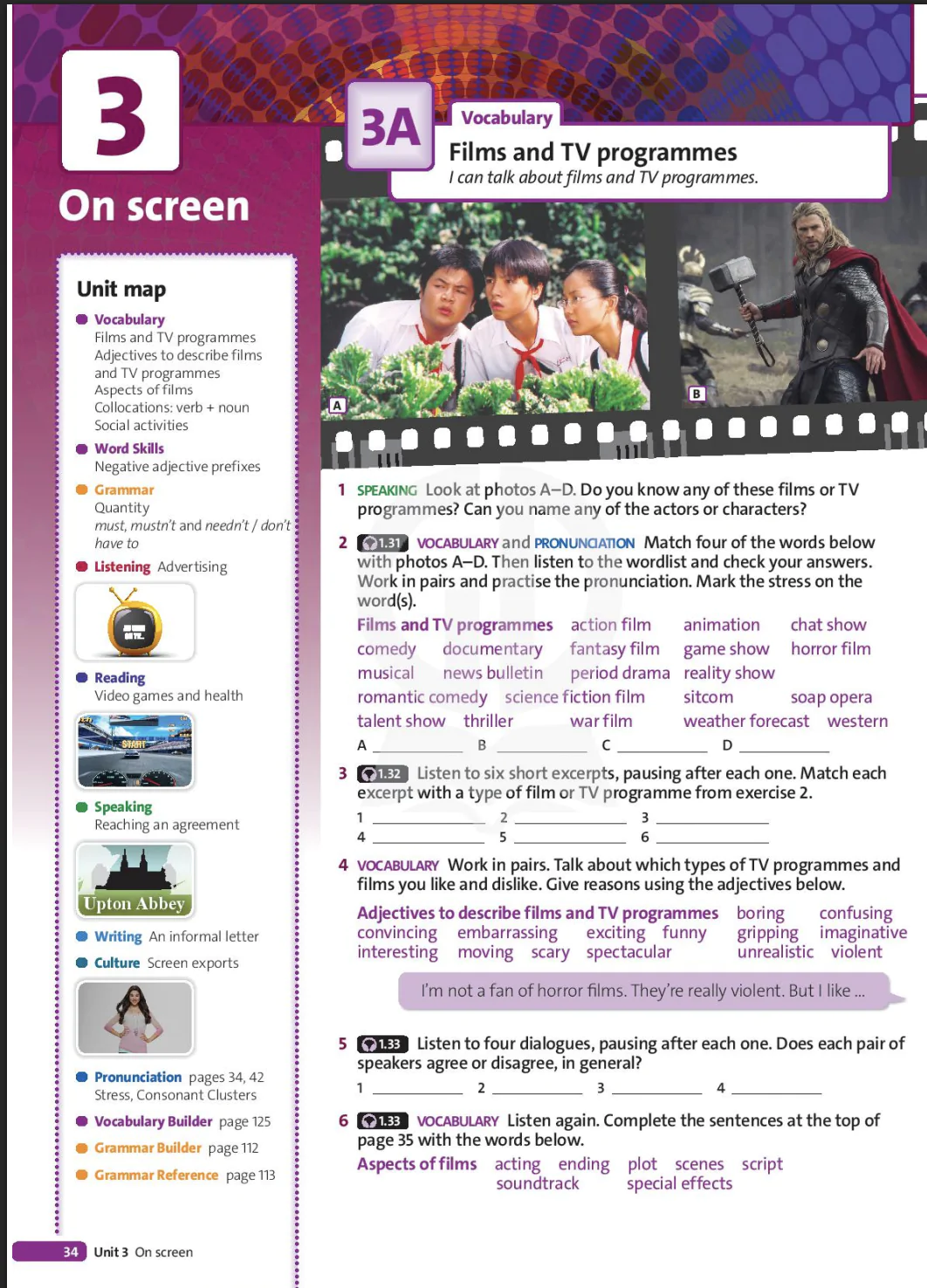
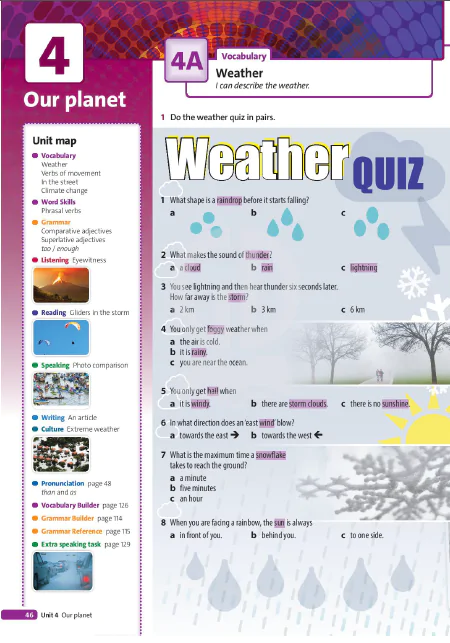
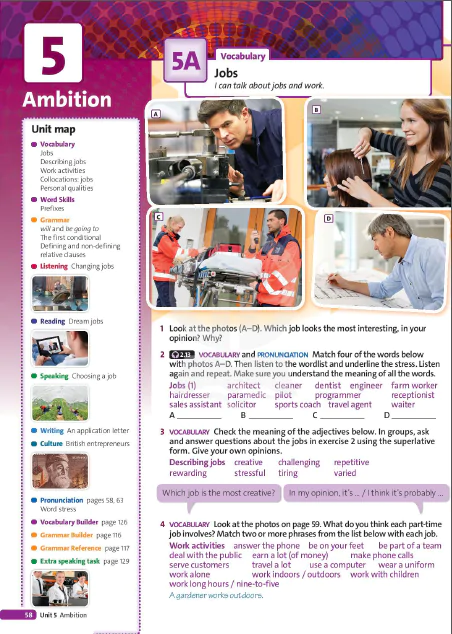
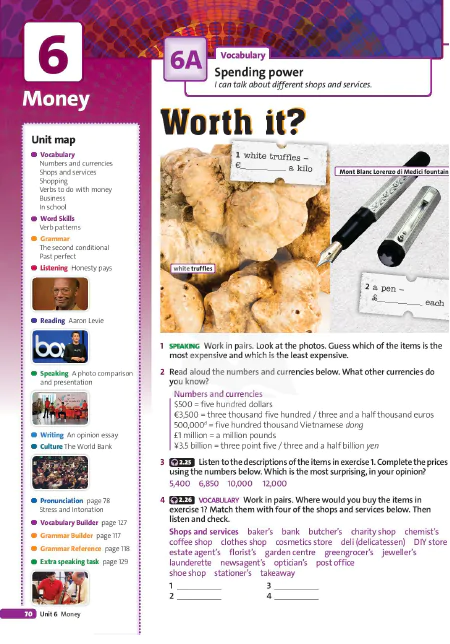
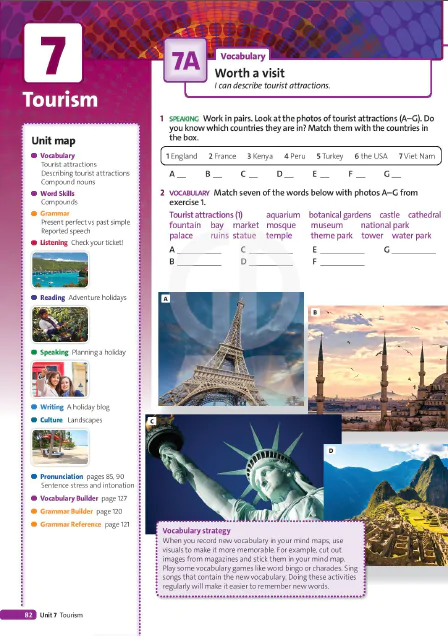
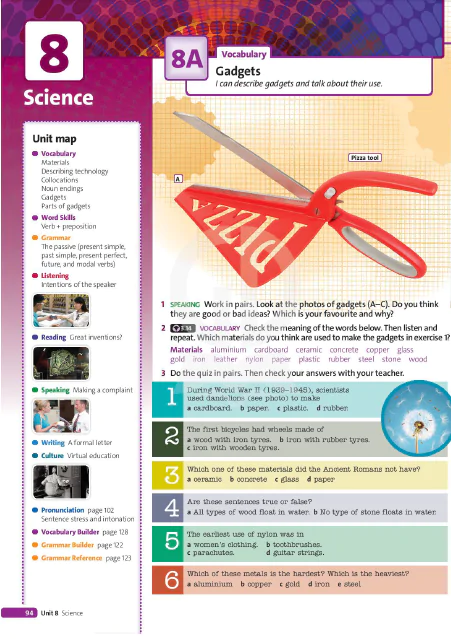

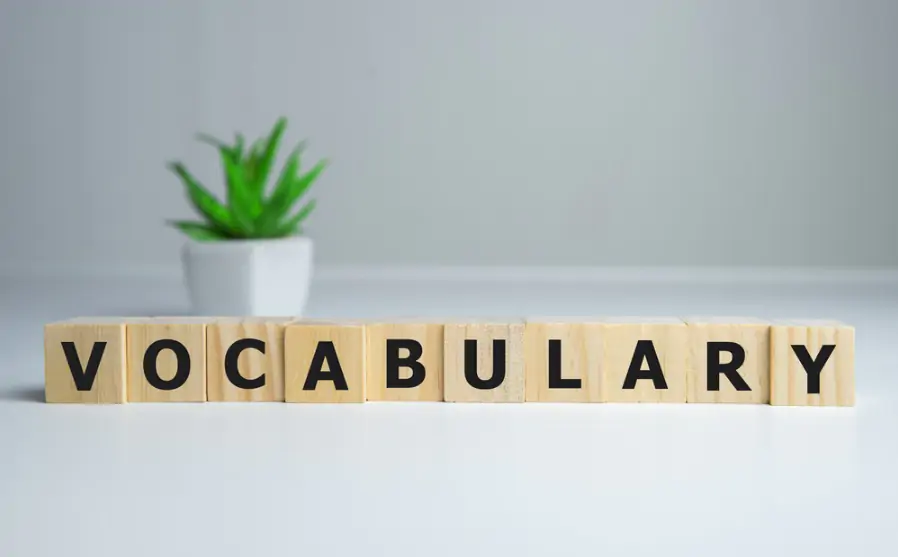
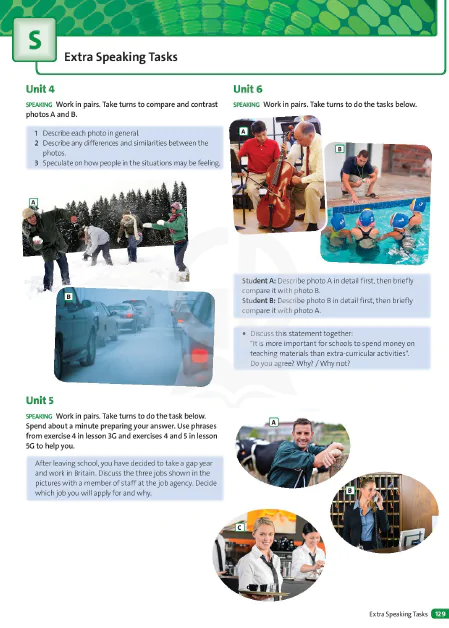
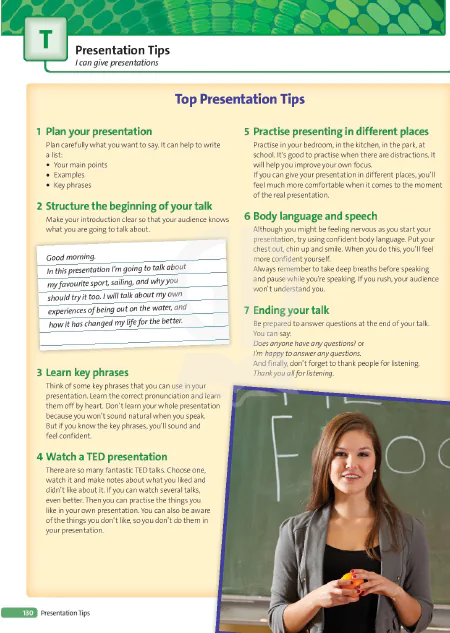
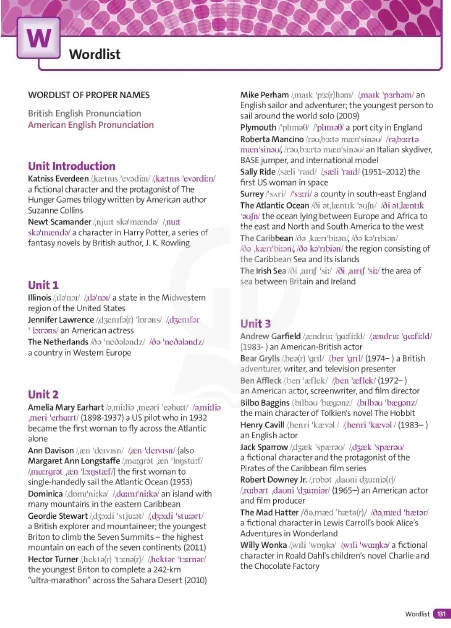

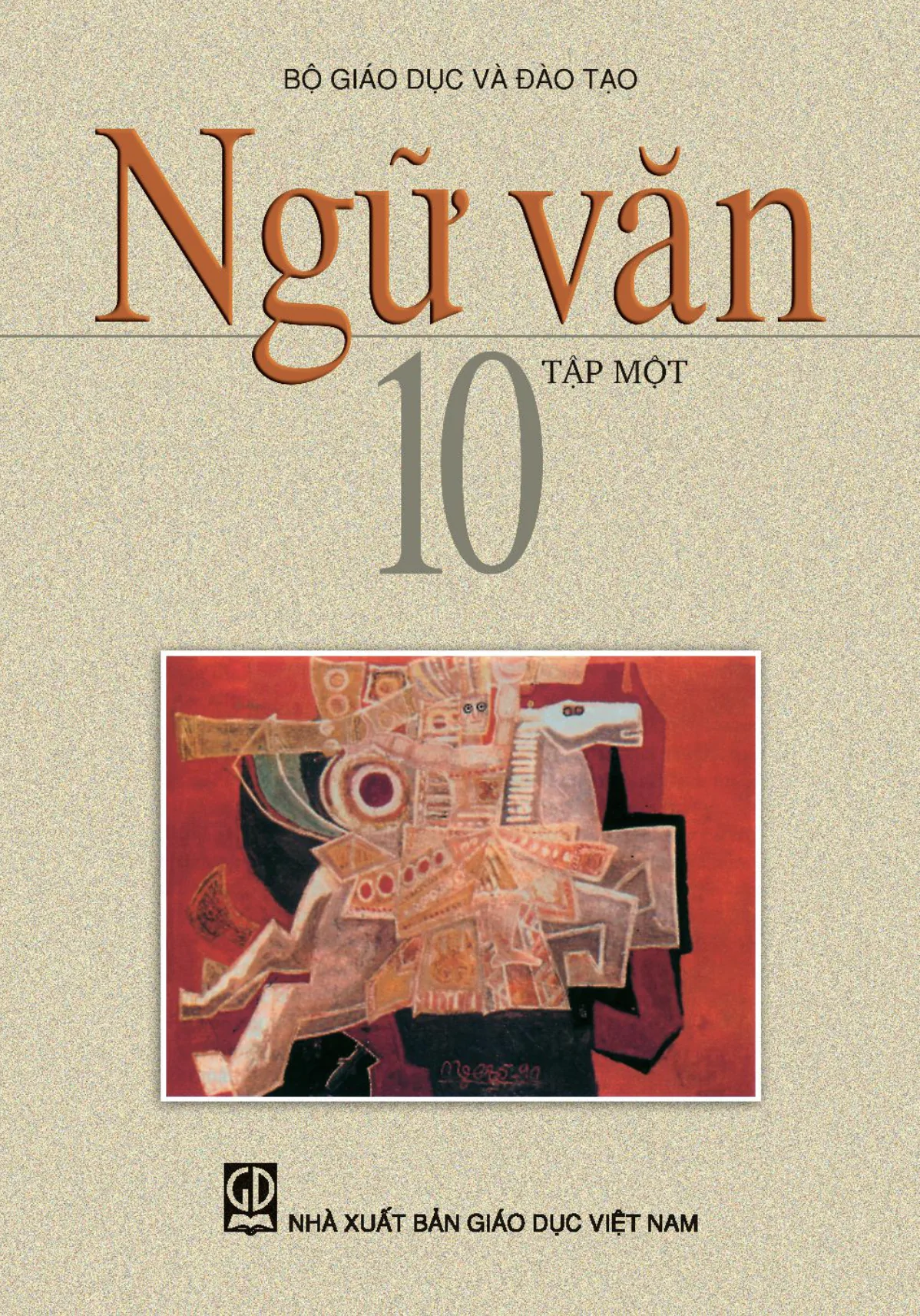
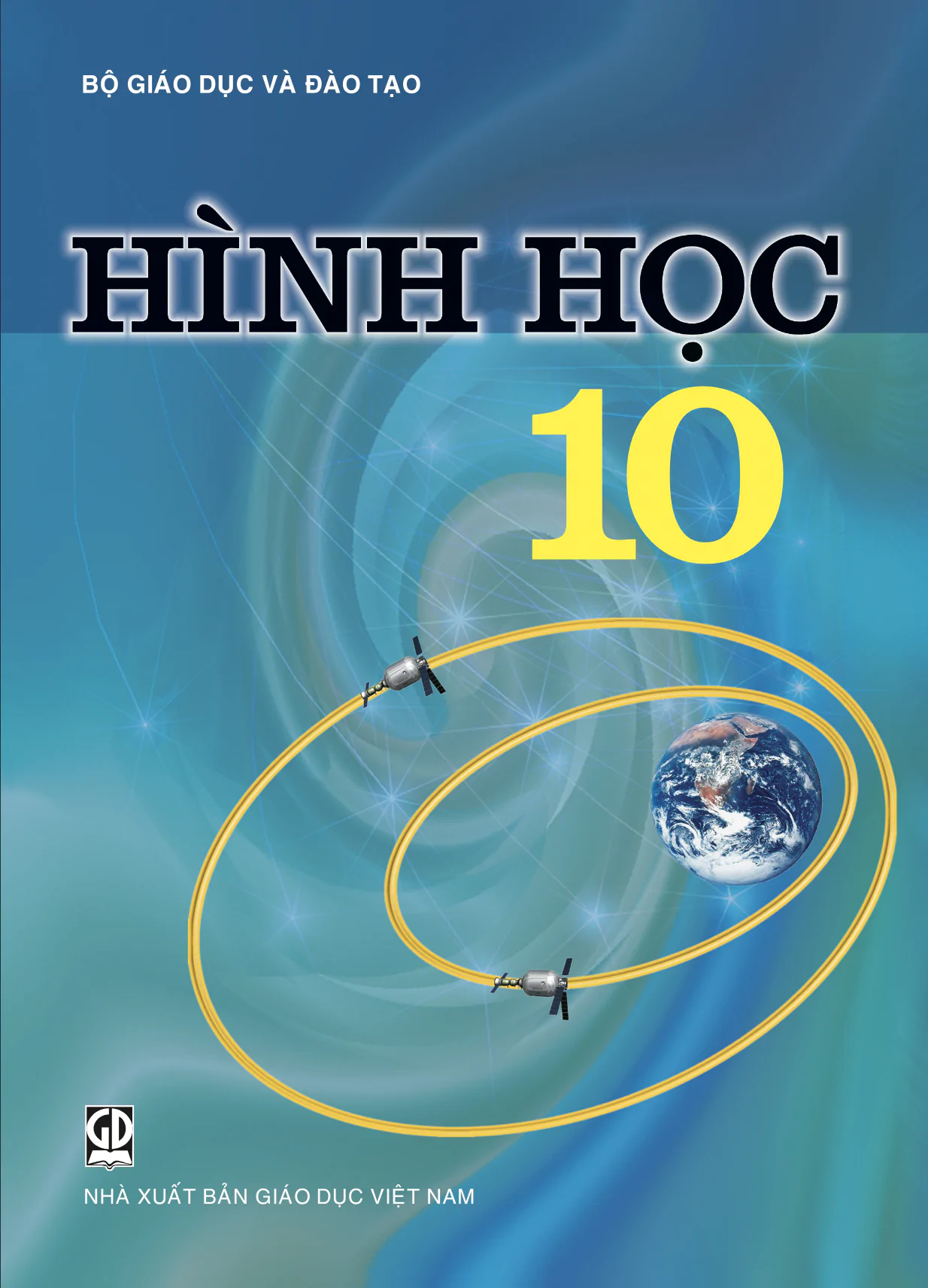
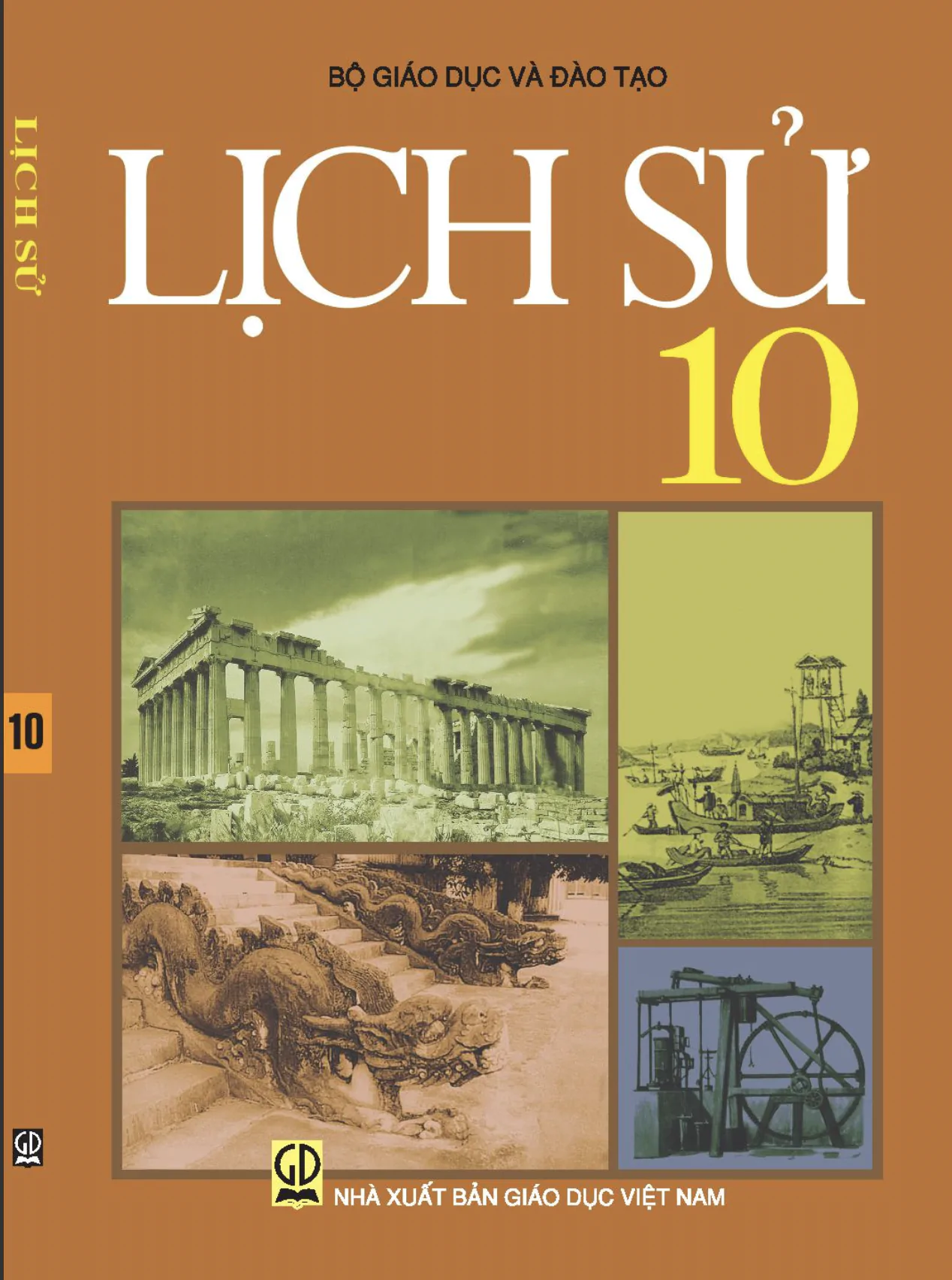
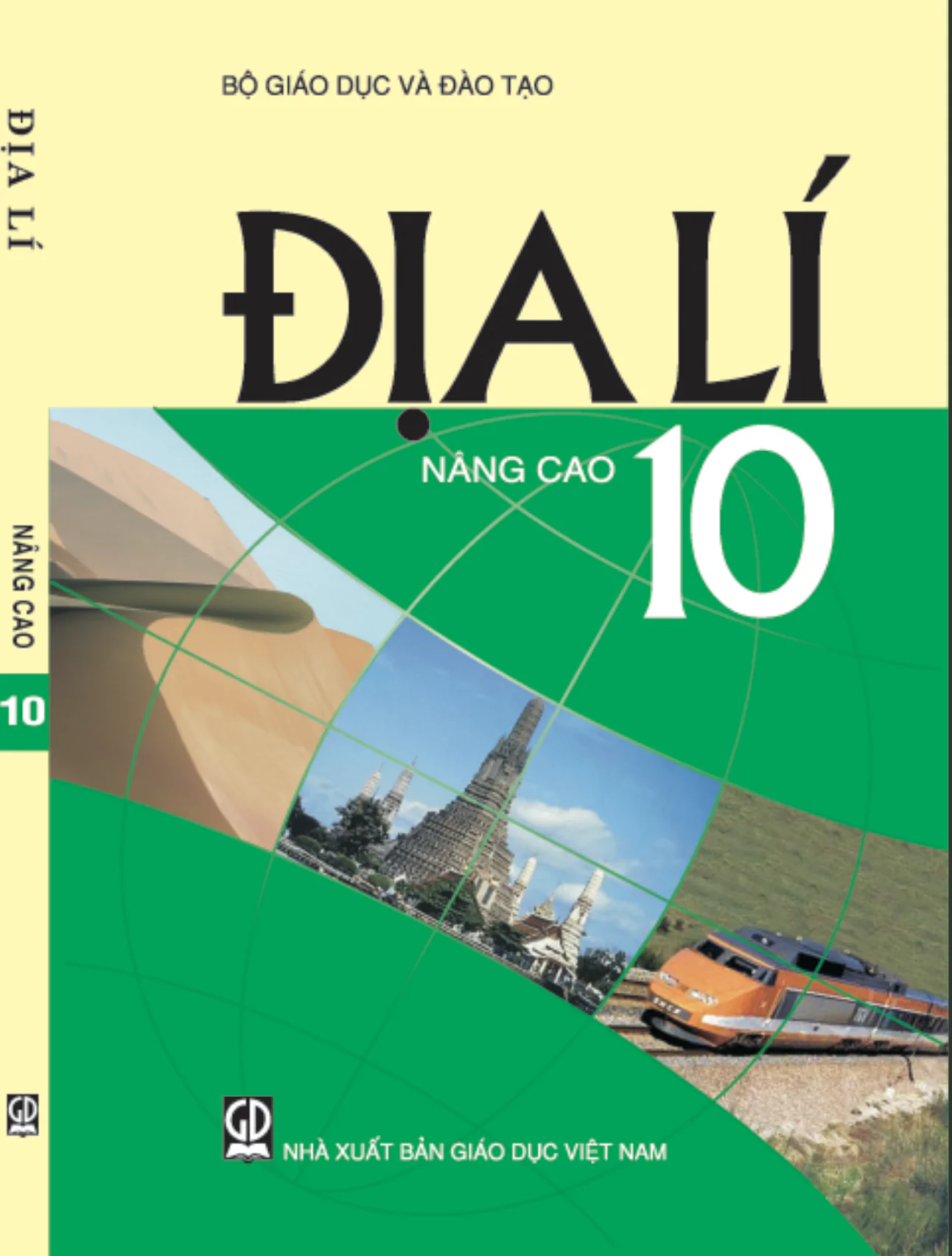
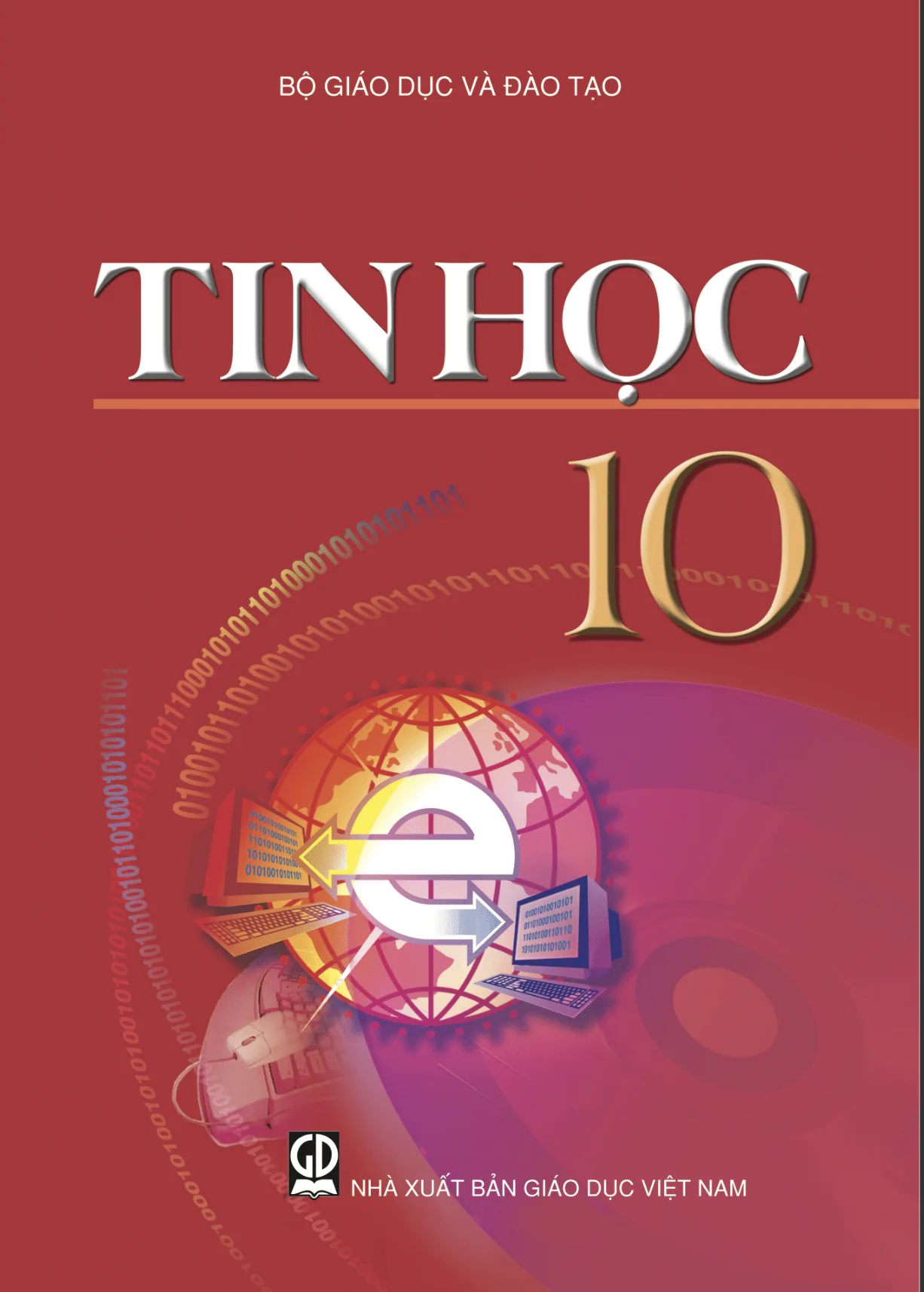
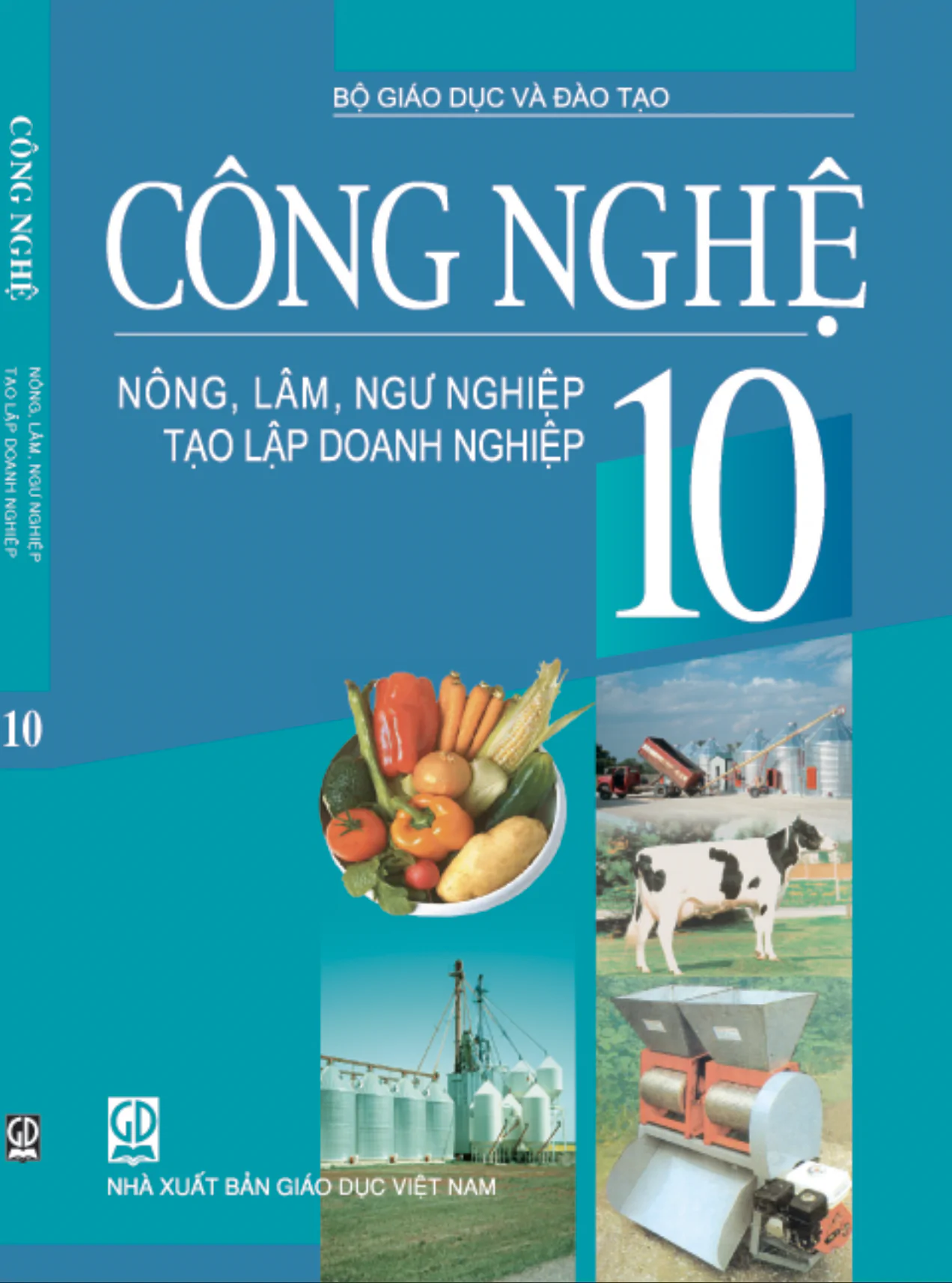
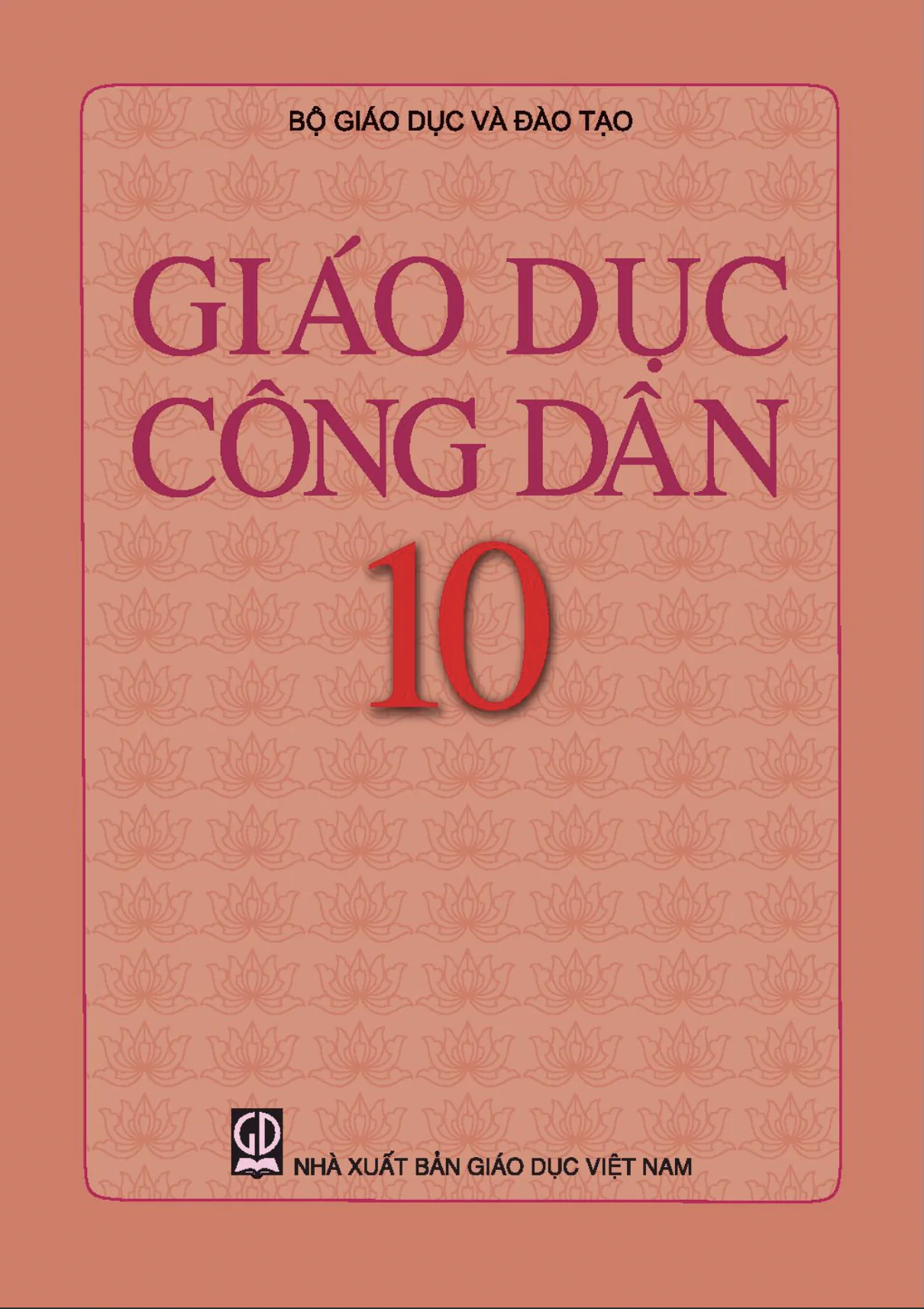
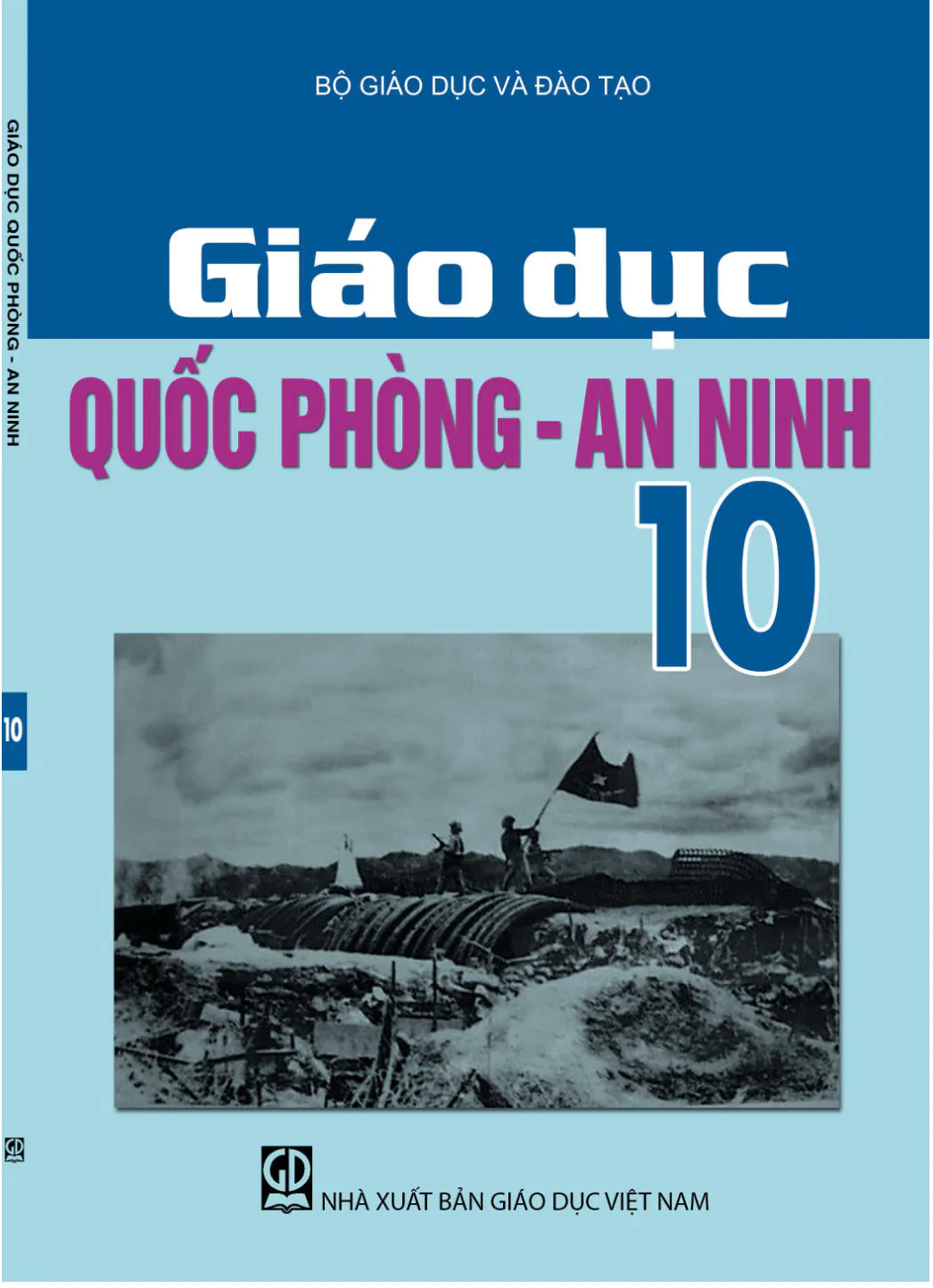

















Bình Luận
Để Lại Bình Luận Của Bạn